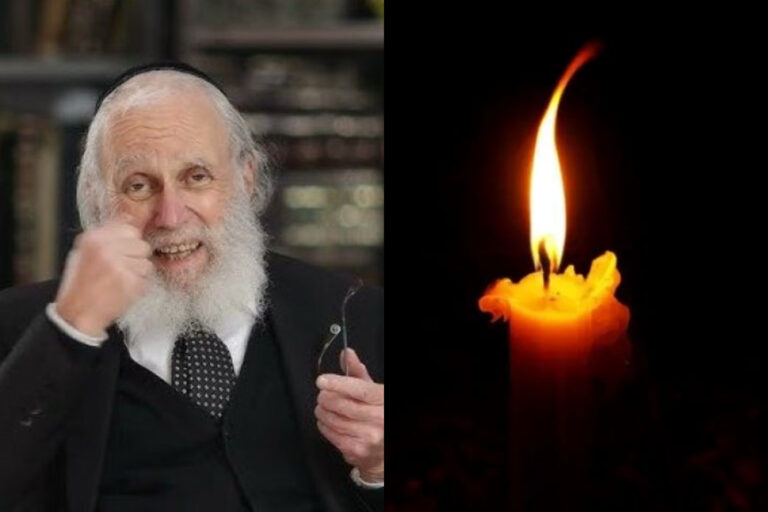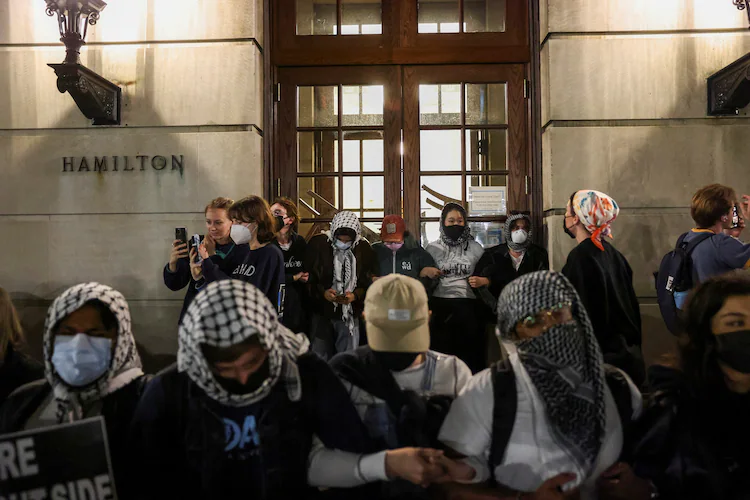 Apparent fissures in Egypt’s regime surfaced Saturday as key members of the embattled ruling party, including President Hosni Mubarak’s once heir-apparent son, resigned their party leadership posts and the vice president began talks with opposition leaders.
Apparent fissures in Egypt’s regime surfaced Saturday as key members of the embattled ruling party, including President Hosni Mubarak’s once heir-apparent son, resigned their party leadership posts and the vice president began talks with opposition leaders.
In the strongest gesture yet to satisfy angry Egyptians who have been protesting for 12 days, members of the general secretariat of the ruling National Democratic Party stepped down from those leadership positions, state television reported.
The embattled Mubarak, however, remained in his position as head of the party’s higher council and as head of state despite popular demands that he relinquish power immediately.
Mubarak’s son, Gamal, the once presumptive heir, was among those who resigned party posts, meaning that he is no longer eligible to take over after his father.
Mubarak has already announced he will not seek re-election in a September vote. Gamal Mubarak’s resignation effectively puts to rest a widespread belief that the embattled president was preparing for a dynastic handover.
The United States has been mounting pressure on Mubarak to step aside and Saturday, U.S. Secretary of State Hillary Clinton, speaking at a security conference in Germany, said it is “important to follow the transition process announced by the Egyptian government, actually headed by vice president Omar Suleiman.”
U.S. President Barack Obama emphasized the importance of an “orderly, peaceful transition” to a government that is “responsive to the aspirations of the Egyptian people.” In phone calls with foreign leaders Saturday, Obama also urged “credible, inclusive negotiations between the government and the opposition,” according to the White House.
The diplomatic official who delivered a message from the Obama administration to Egypt’s leadership this week, however, said Mubarak “remains utterly critical in the days ahead as we sort our way toward the future” and must stay in office.
Changes are needed in Egypt to pave the way for a smooth transition, and “the president must stay in office in order to steer those changes through,” said Frank Wisner, a former ambassador to Egypt. “It’s his opportunity to write his own legacy.”
U.S. officials emphasized that Wisner was speaking for himself, as an expert on the region, and not for the Obama administration.
The restructuring of Egypt’s ruling party Saturday also included the elevation of Housam Badrawi, a more liberal-minded politician who is taking over as the ruling party’s secretary-general. The U.S.-educated physician could add a reformist flavor to the party’s direction.
Mubarak’s foes questioned whether the moves are meaningful or merely cosmetic.
Leading opposition figure Mohamed ElBaradei dismissed the resignations as another in a series of small, hiccuping reforms. Mubarak, he said, has shown no sign he understands the people want a complete overhaul.
“It’s about the whole shift to democracy,” said ElBaradei, a Nobel laureate whose National Association for Change wants to see an immediate change in power.
“I’m ready to engage when we believe that Mr. Mubarak is ready to step down,” he told CNN. “We do not want to be part of a ploy.”
Demonstrators on the streets also felt Mubarak was just trying to appease the people. One even called the moves a “sedative.”
“This is just one silly attempt to calm down the street but the regime is still there,” said Sameh Bakri in the city of Suez. “They don’t want to get straight to the point and resolve the real problem.”
(Source: CNN)










